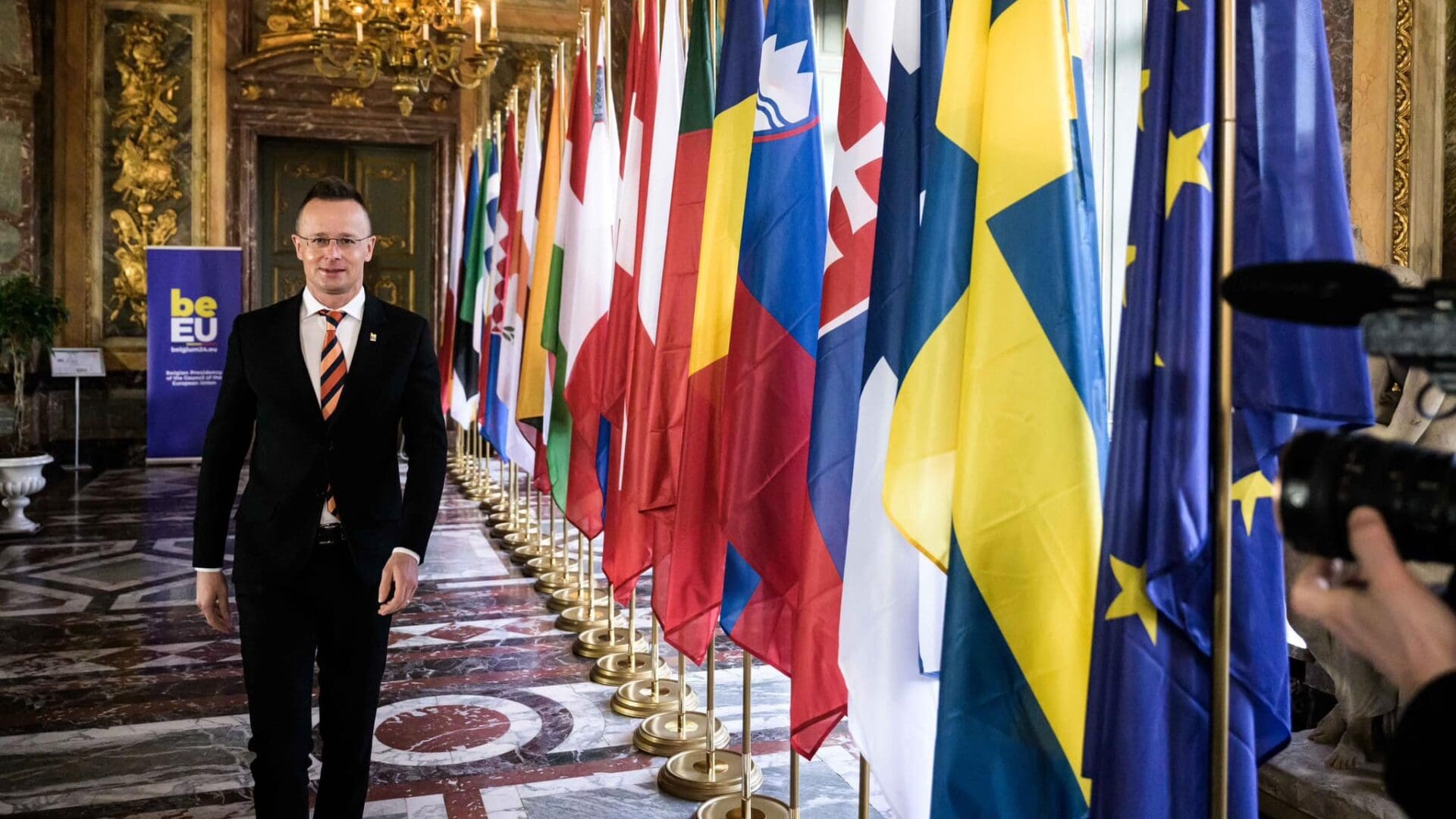Hungarian Minister of Foreign Affairs and Trade Péter Szijjártó, has reportedly received a death threat from Ukraine, prompting an immediate upgrade in his personal security, according to Blikk. The threat, conveyed through a letter written in Ukrainian, is believed to be linked to Szijjártó’s scheduled meeting with Ukrainian Foreign Minister Dmytro Kuleba at the end of January. Despite the threat, the Ministry of Foreign Affairs and Trade has affirmed that the planned meeting will proceed in Uzhhorod, Transcarpathia.
Spokesperson for the Ministry of Foreign Affairs, Máté Paczolay, stated: ‘The Ministry of Foreign Affairs and Trade responded to the threat immediately. We have informed our representations in Ukraine and the Special Forces in charge of [the minister’s] personal security as well. They are all doing their jobs.’
In the midst of this security concern, Szijjártó participated in the EU’s FAC meeting on trade issues in Brussels. During a press conference, he highlighted Hungary’s significant reliance on global free trade, with exports constituting approximately 80–85 per cent of the country’s GDP. Despite Hungary not being among the world’s largest economies, Szijjártó emphasized its openness to international trade, positioning the functioning of global free trade as a key interest for the Hungarian government.
Addressing a query, Szijjártó referred to Hungary’s earlier decision to ban imports of Ukrainian grain and certain agricultural goods. He affirmed that this measure aimed to protect the domestic market, urging a return to the original agreement on securing transport routes for Ukrainian grain. Szijjártó expressed concern about the influx of Ukrainian agricultural products into Central European markets, which contradicts the previous agreement. Emphasizing the ongoing possibility of transit, he highlighted Hungary’s significant investments to facilitate the transportation of Ukrainian grain to countries in genuine need.
As diplomatic tensions escalate, the Hungarian government remains steadfast in its commitment to protecting national interests and ensuring open dialogue with Ukraine. The security measures taken in response to the death threat underscore the complexities surrounding international relations and the need for robust diplomatic efforts in the region.
This is not the first time that Hungarian officials receive threats from Ukraine. In 2022, it was reported by Mandiner that Prime Minister Viktor Orbán, along with Péter Szijjártó and President of the Hungarian Cultural Association László Brenzovics were put on a ‘death list’: a Ukrainian far-right website presents the personal information of tens of thousands of individuals, such as their full name, date of birth, address, and passport number.
Related articles:
Source: Hungarian Conservative/Blikk/Mandiner








